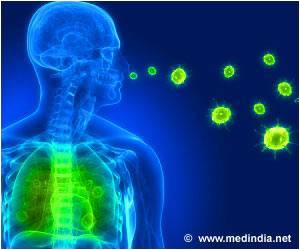
"It is unlikely to be able to attribute any health effects in the future among the general public and the vast majority of workers for which dose histories have been assessed."
The committee, presenting after a meeting in Vienna the main findings of a report developed by 80 scientists from 18 countries due to be published later this year, also praised the actions of the Japanese government immediately after the March 2011 disaster.
"The actions taken by the authorities to protect the public (evacuation and sheltering) significantly reduced the radiation exposures that would have otherwise been received by as much as a factor of 10," UNSCEAR said.
"No radiation-related deaths have been observed among nearly 25,000 workers involved at the accident site. Given the small number of highly exposed workers, it is unlikely that excess cases of thyroid cancer due to radiation exposure would be detectable in the years to come," it added.
The world's worst nuclear accident in 25 years was caused when a huge tsunami triggered by an earthquake hammered Japan's northeastern Pacific coast, sending multiple reactors at the decades-old nuclear power plant into meltdown.
Advertisement
The Fukushima accident forced tens of thousands of residents near the area to abandon their homes and jobs in heavily contaminated areas. It is not clear when they can return home, if ever.
Advertisement
It said that within the exclusion zone, rates of thyroid cancer among women who were exposed to radiation as infants were expected to be up to 1.25 percent.
This represented a 70-percent increase over the baseline risk of thyroid cancer over a Japanese woman's lifetime, which is 0.75 percent.
Outside the most exposed areas, so outside of Fukushima prefecture, and even in some areas of Fukushima prefecture, the predicted risk was "low and even non-observable," the WHO said.
Anti-nuclear environmentalist group Greenpeace immediately said that the WHO was vastly underestimating the risk, while the Japanese government said the WHO's calculations were overblown and based on unrealistic premises.
The aftermath of the Fukushima disaster, if confirmed, contrasts with the 1986 Chernobyl disaster in what was then Soviet Ukraine, when there was a noticeable rise in thyroid cancer cases among children.
"The doses (of radiation) received after Chernobyl, in particular for example for children in thyroid, were much higher than the doses we assessed in Fukushima," Wolfgang Weiss, in charge of drawing up the UNSCEAR report, told a news conference.
Source-AFP









